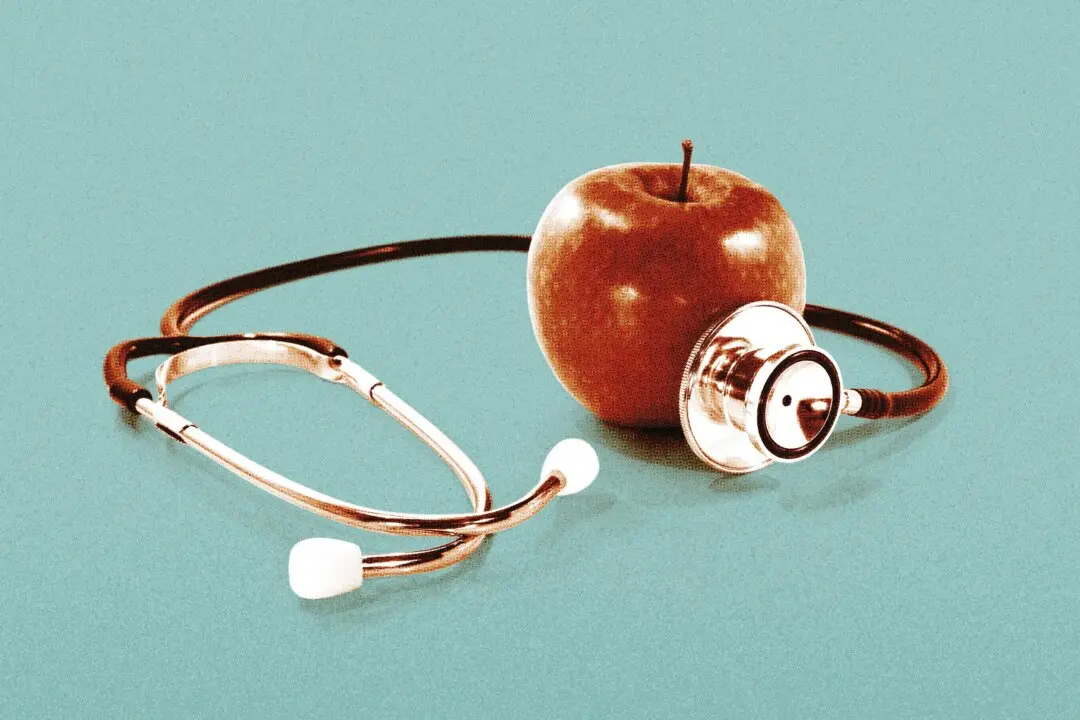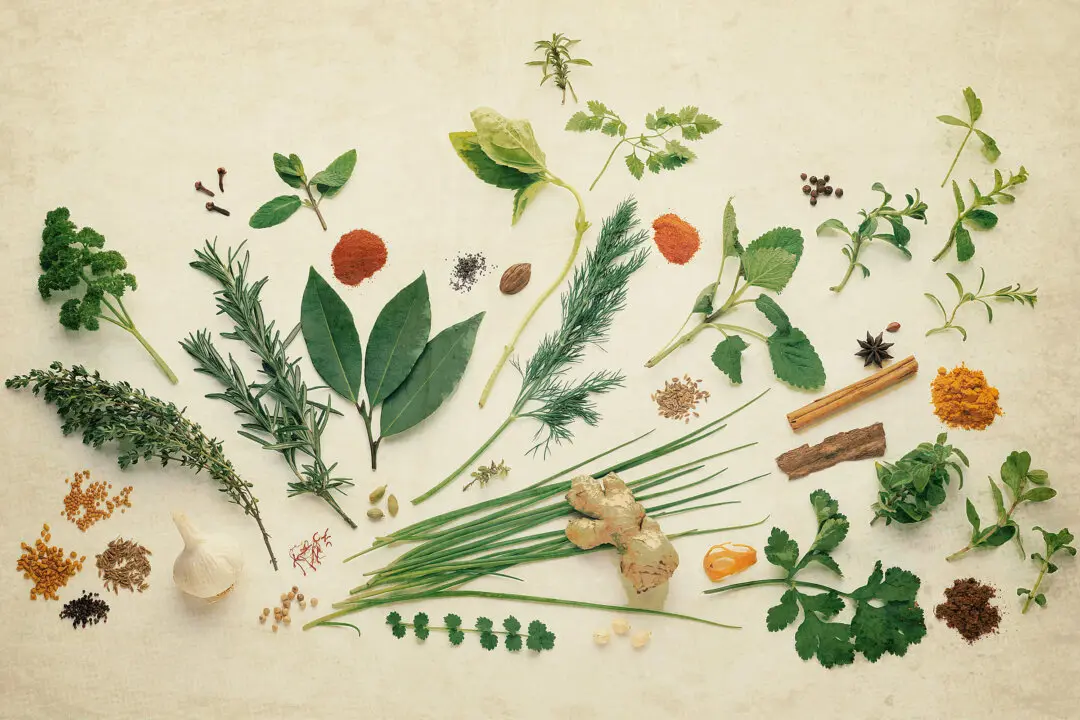We’ve all had that feeling—an instant knowing that something isn’t right. Whether in a business deal or when a friend hasn’t called in a while, somewhere deep inside us we have a knowing, and we can’t explain why.
That is intuition, and it has been with us, buried deep in the limbic system for a very, very long time.






